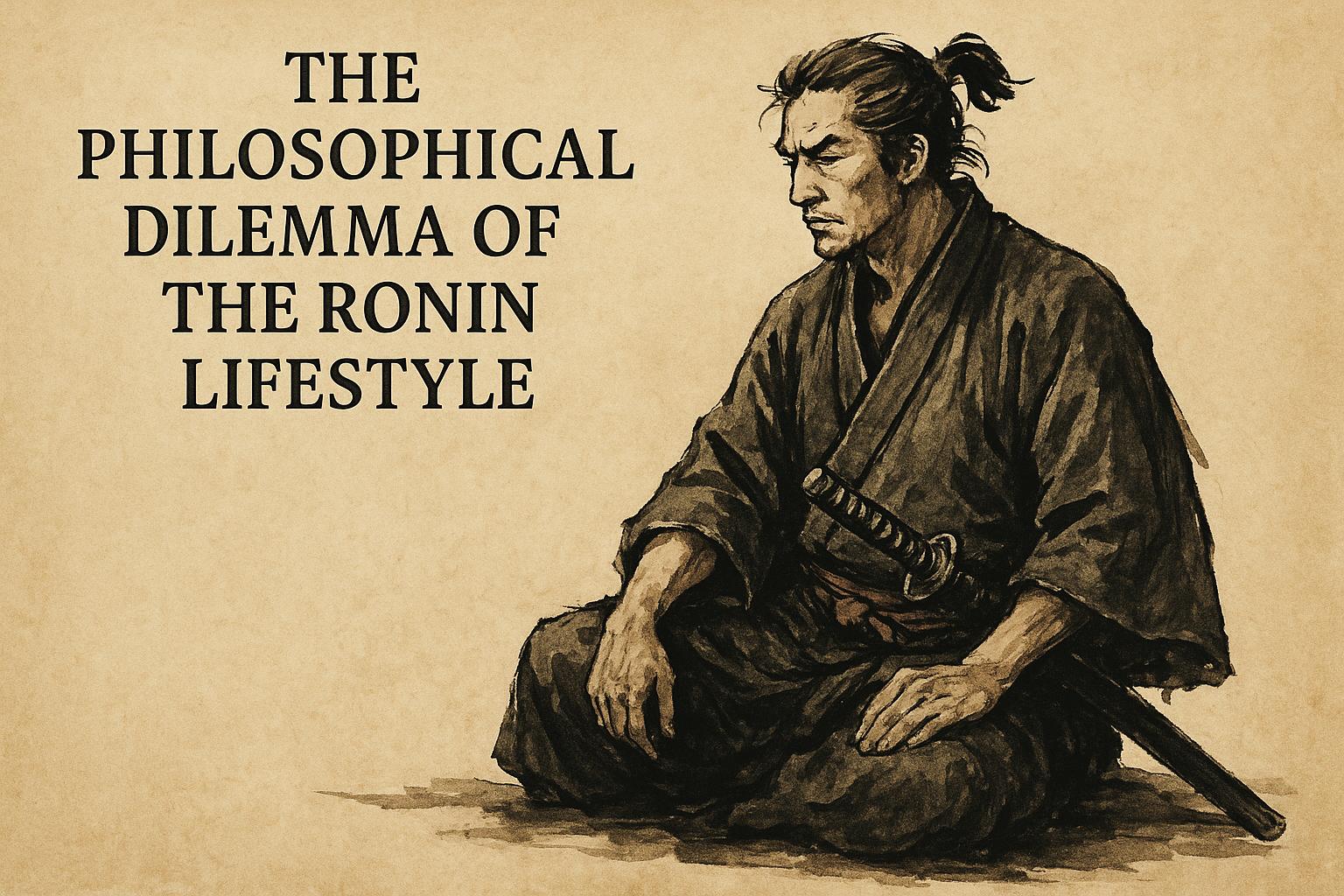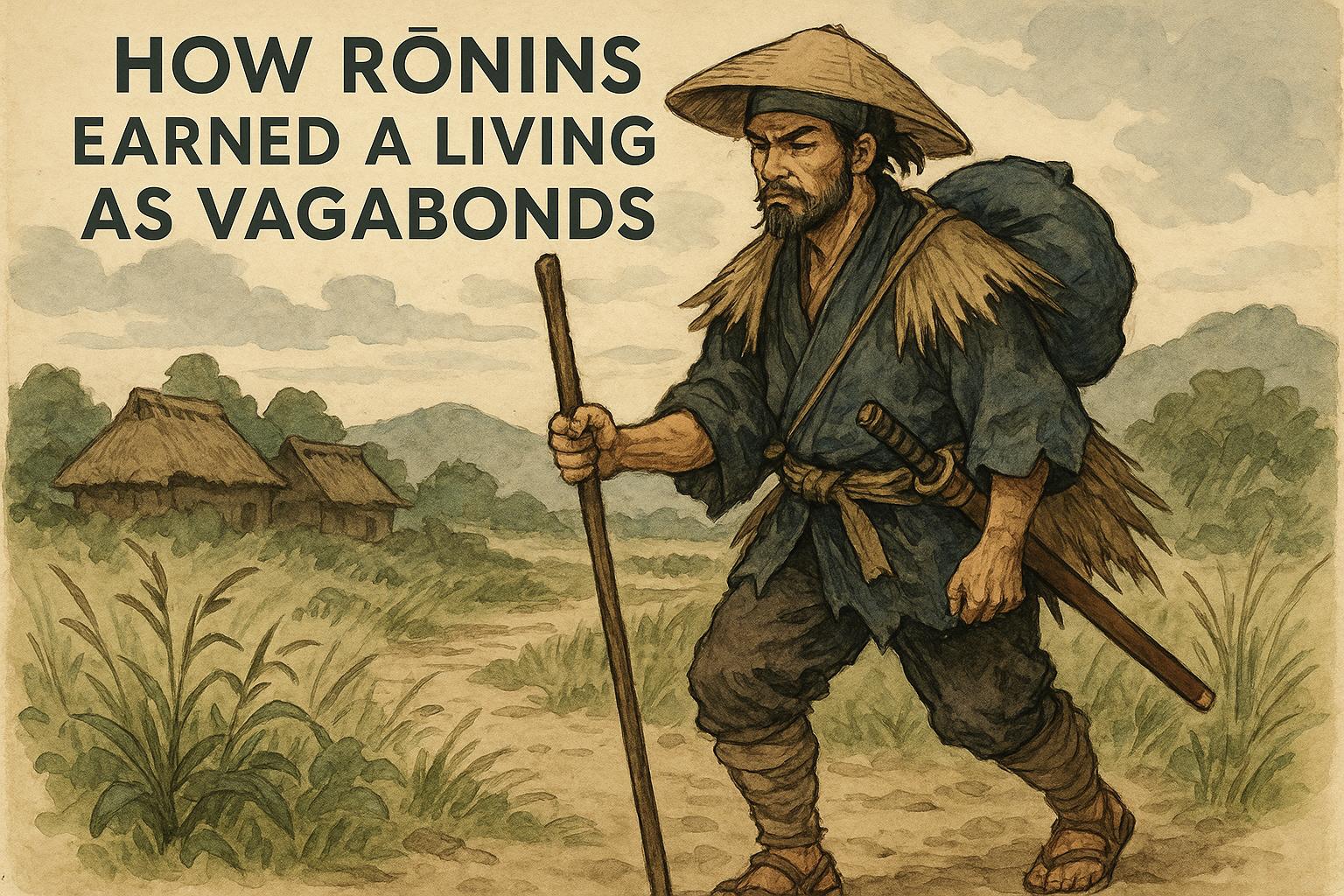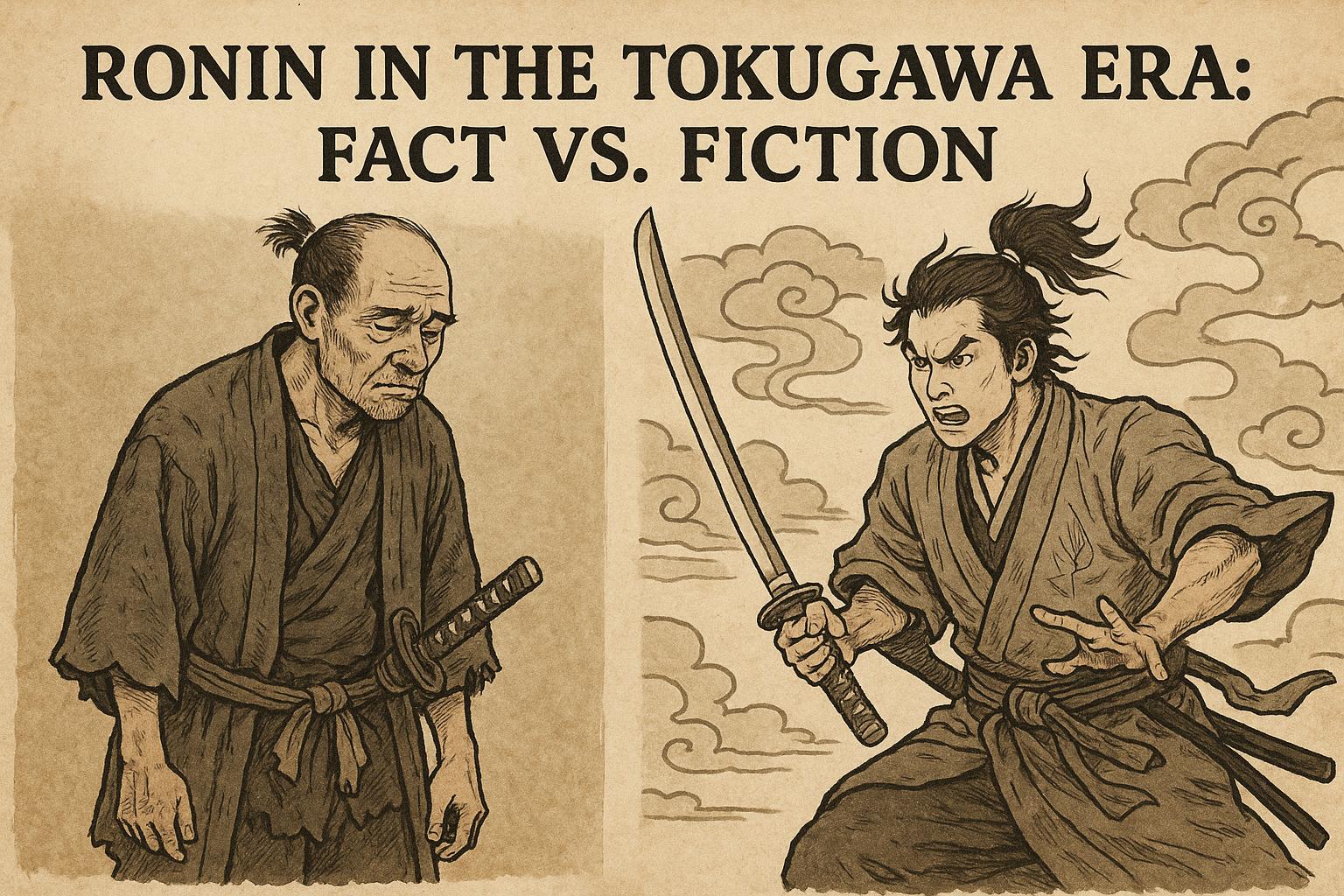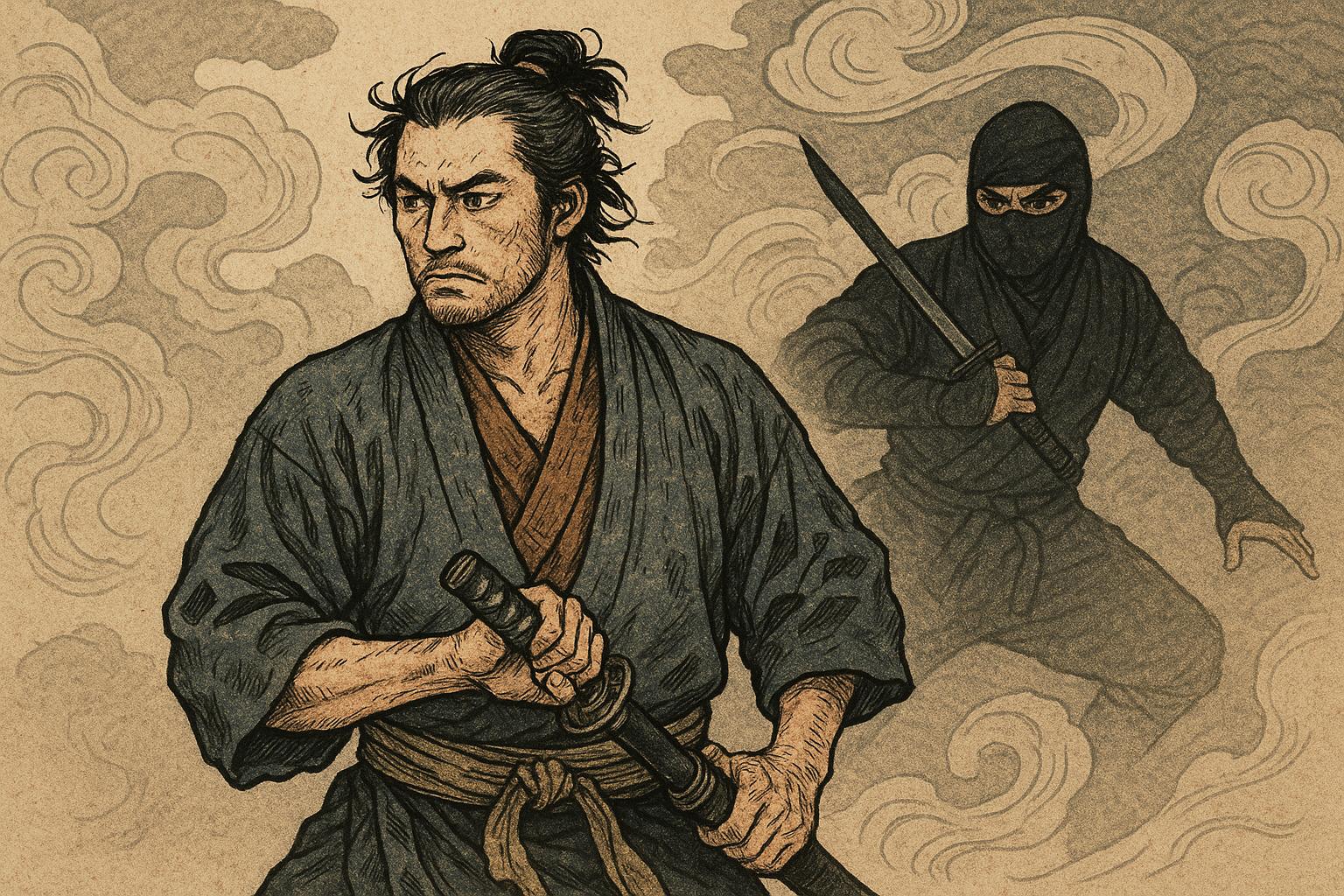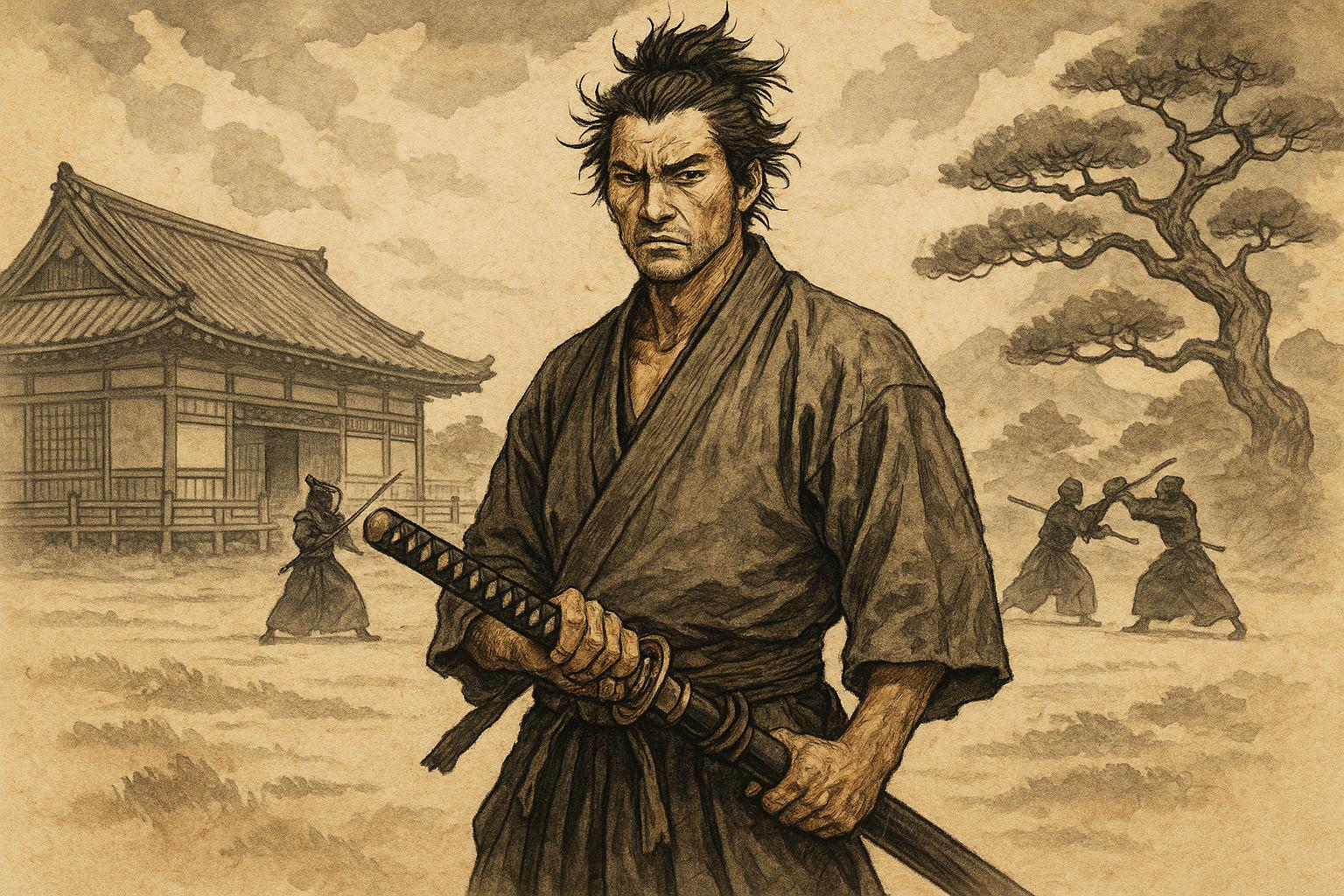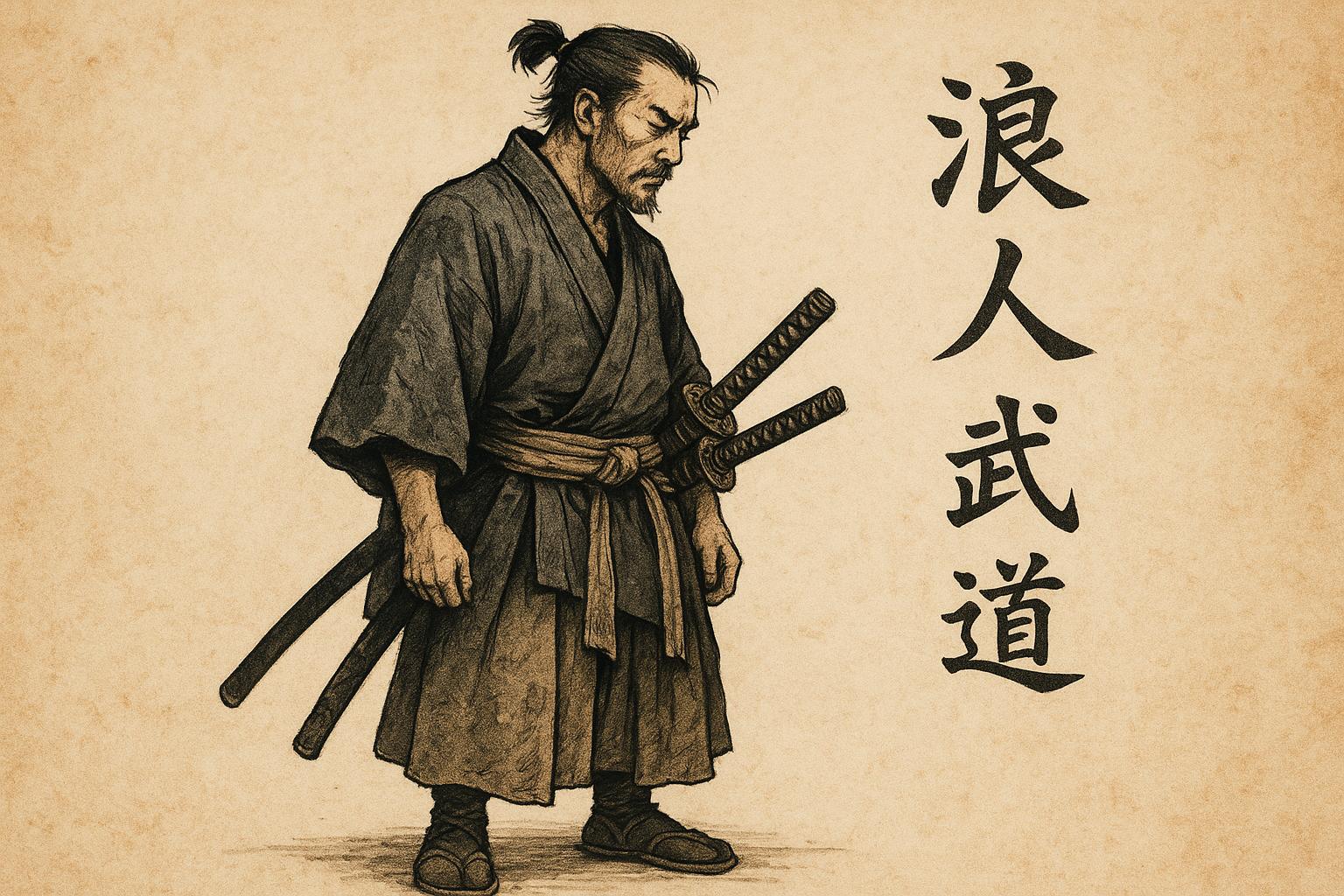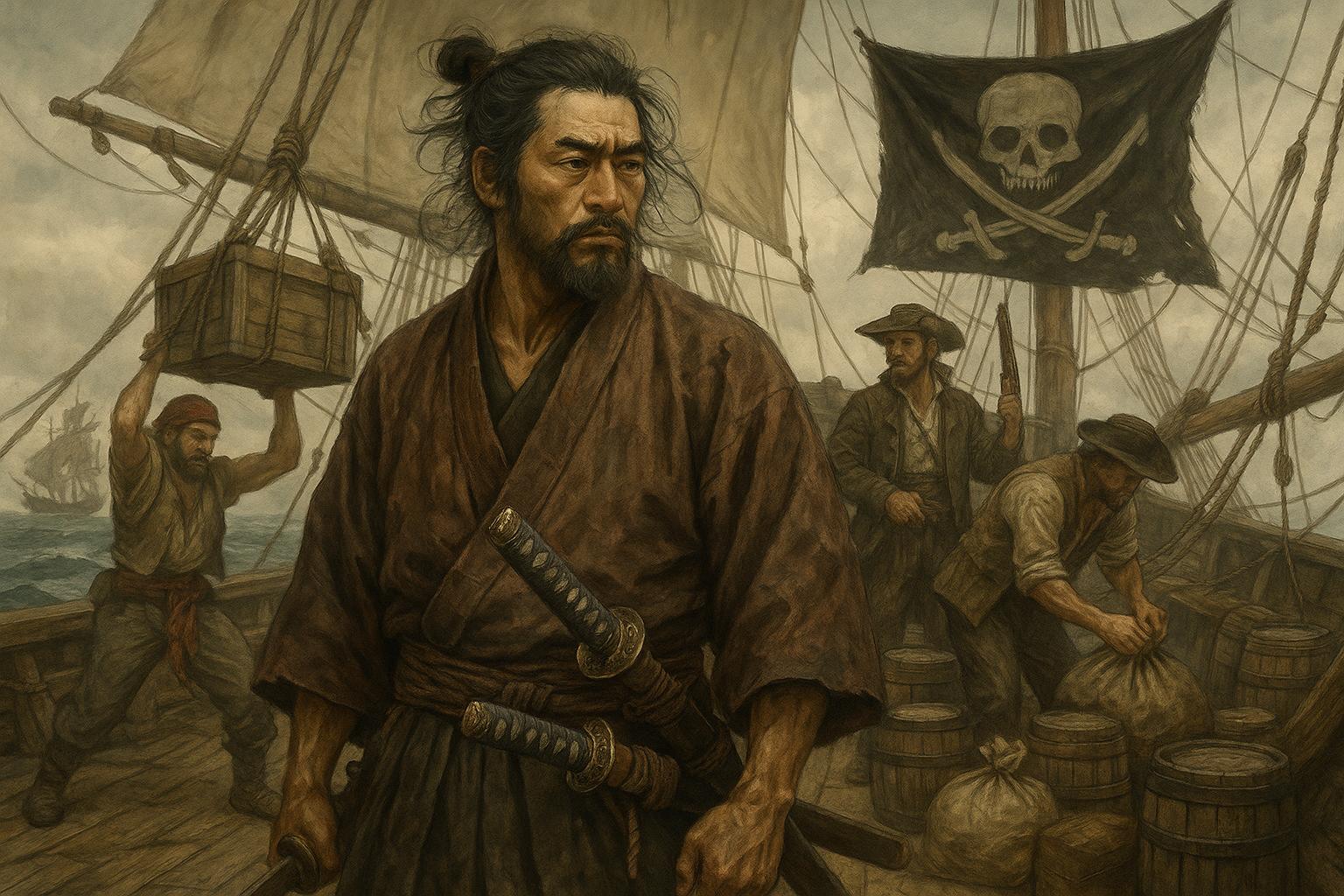The Significance of the Term “Wave Man” (浪人)
Introduction to “Wave Man” (浪人) The term “Wave Man” or “Rōnin” (浪人) is rooted in Japanese culture and carries a profound significance that extends back to feudal Japan. This term has evolved over the centuries, representing a samurai without a lord or master during the Japanese feudal period (1185-1868). The […]
Read More →
